 |
| October 01, 2020 |
Dear Reader,
The vast Greenland ice sheet is melting at some of its fastest rates in the past 12,000 years. And it could quadruple over the next 80 years if greenhouse gas emissions don't decline dramatically in the coming decades. Up next, archived data from a decades-old NASA mission to Venus may have overlooked evidence for the gas phosphine, which scientists announced they discovered on the hellish planet earlier this month. And lastly, a new study on the role of choice suggests that our sense of control in a situation influences how we learn—or do not learn—from our experiences. |
| | Sunya Bhutta, Senior Editor, Audience Engagement
@sunyaaa | |
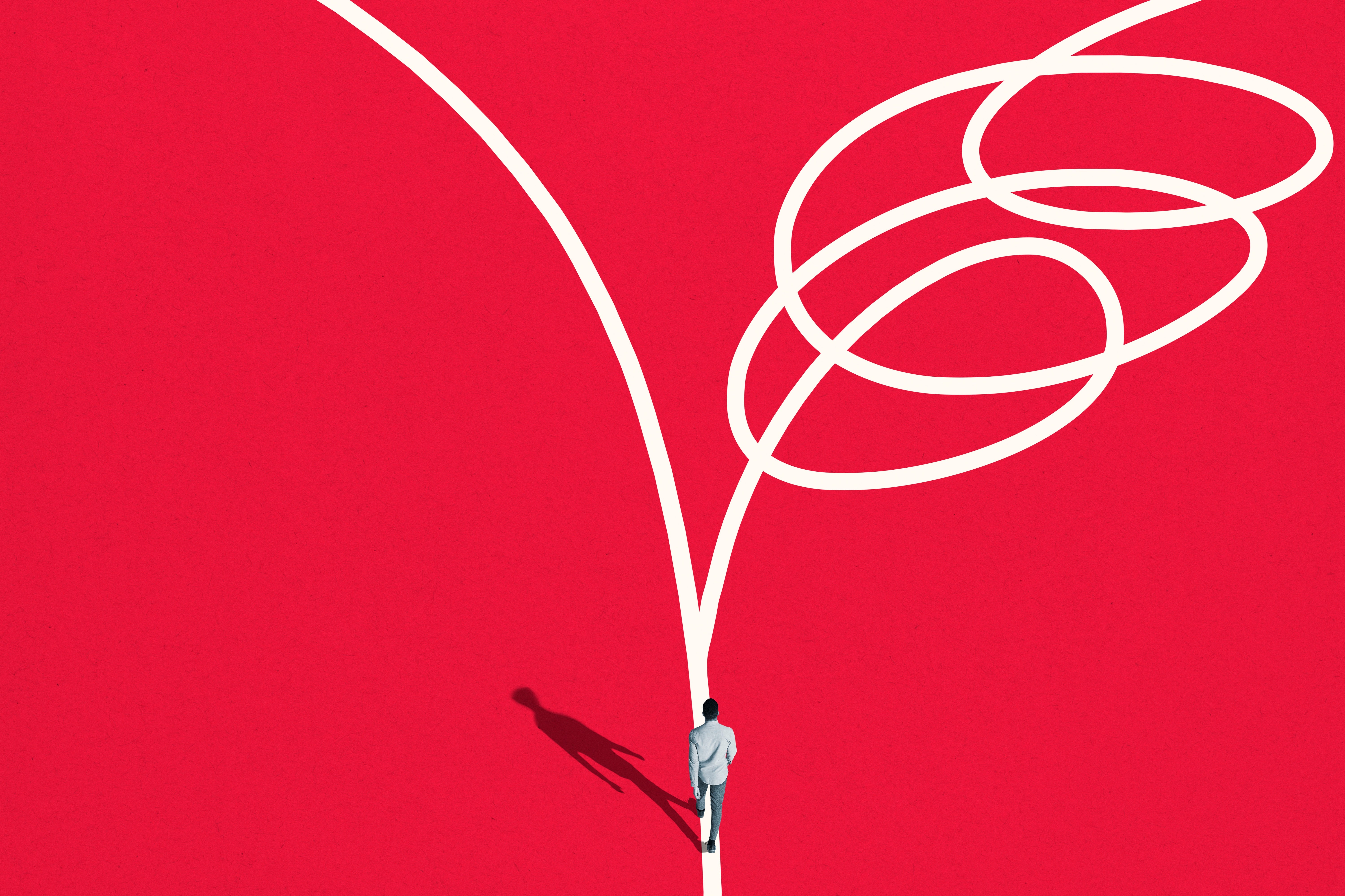 |
| |
| |
| |
| |
| |
FROM THE STORE
 | | Scientific American Mind For $19.99 per year, your subscription includes six bi-monthly digital issues, Android and iOS app access and every digital Mind issue ever published! |  | | |
| |
| QUOTE OF THE DAY
 "Feeling as though you are the architect of the outcomes you experience is powerful and certainly would lead you to strengthen beliefs about those contingencies much more strongly." Philip Corlett, Yale University | |
LATEST ISSUES
 |
| |
| Questions? Comments?  | |
| Download the Scientific American App |
| |
| |



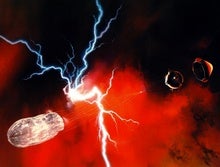
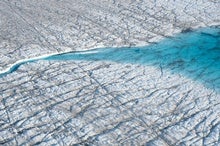


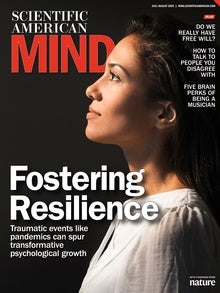

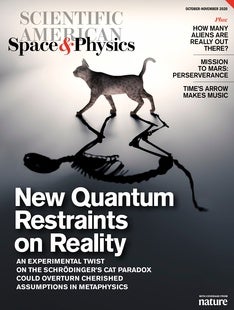

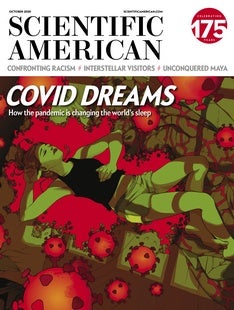
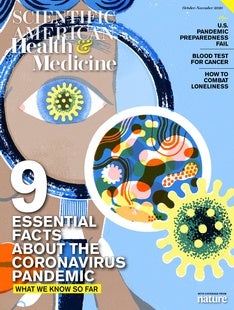
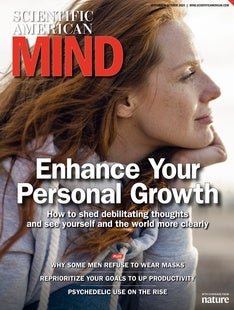



Comments
Post a Comment